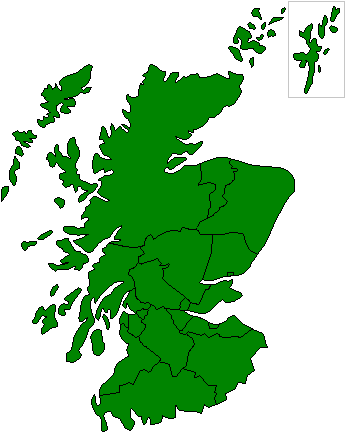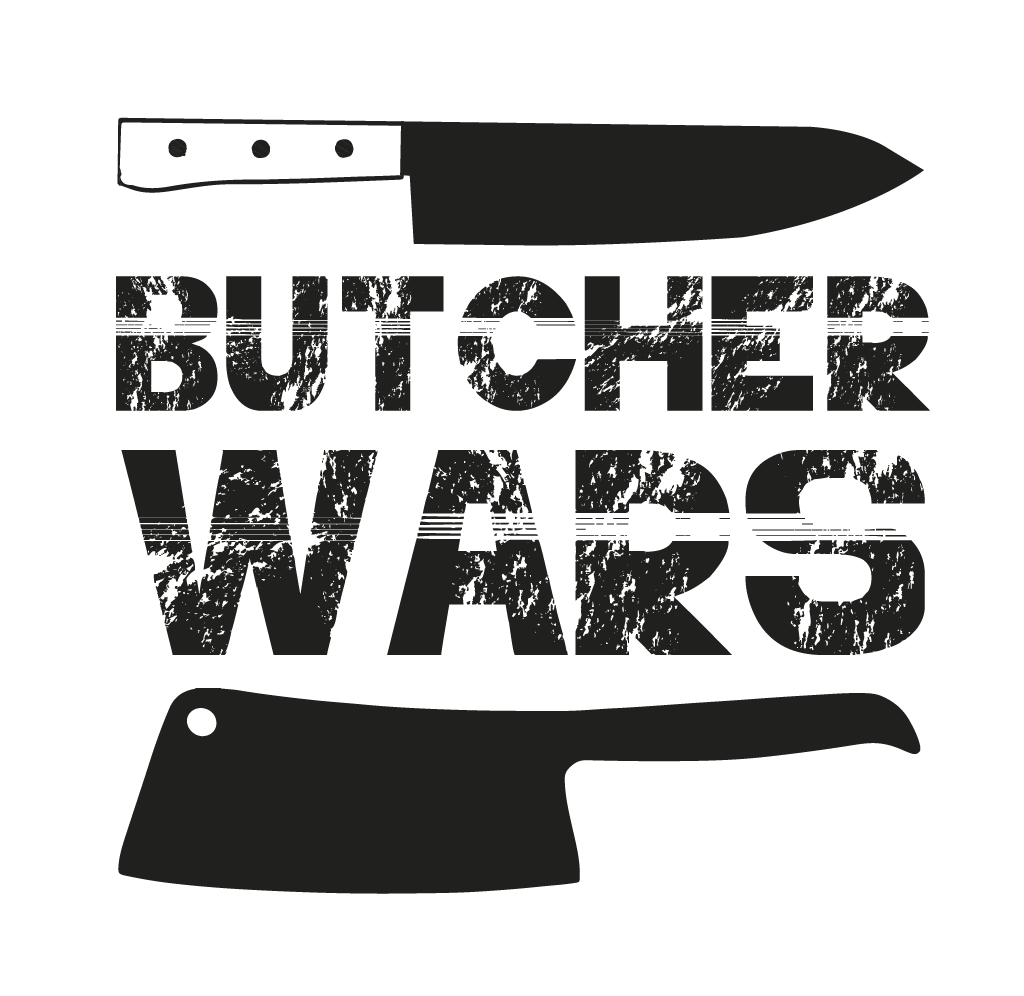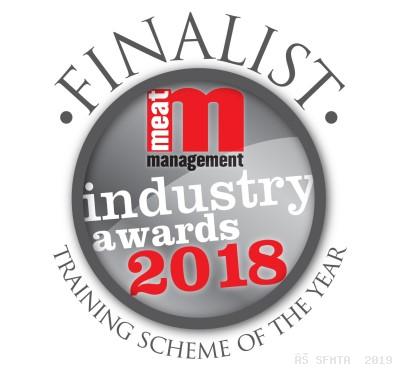CARRIER BAG CHARGE OR NOT?
Monday, 23rd Feb 2015Following an article in the Sunday Mail on 22nd February, SFMTA would like to clarify the situation. Nothing has been "repealed" or "overturned"! Below is the guidance we sent to members on 5th February, nothing has changed since then.
If a customer is sold raw meat and cooked meat in high density bags, then they should be placed by the butcher or counter assistant into separate carrier bags.� In the interests of food safety, this is should be a specific instruction to all butchers and counter assistants and if this is the case then the carrier bags will not be chargeable.
Following discussions with Zero Waste Scotland and Food Standards Agency Scotland, SFMTA has concluded it would appear that butchers’ over enthusiasm to comply with every piece of legislation that comes along has possibly created risk of cross contamination from raw meat to ready to eat foods.
To wrap their products, butchers ordinarily use high density bags sealed with sellotape through a bag sealer. In most cases this method is used for both raw meat and ready to eat products. As users will know, through experience, these bags are porous and actually leak if left for any length of time.
The Single Use Carrier Bags Charge (Scotland) Regulations 2014 specify a number of exemptions where there is no requirement to charge for carrier bags. This includes bags of any size used solely to contain exempted items listed in the regulations including unpackaged food for human or animal consumption, and bags (less than 206mm (width) x 459mm (height including handles) with a maximum gusset of 125mm) used solely to contain packaged uncooked meat or meat products, poultry or poultry products and fish or fish products. Local Authorities are the enforcement authority for the Regulations.
‘Unpackaged’ for the purpose of the Regulations refers to food supplied in containers which are not secure enough to prevent fluid leaking during normal handling. Whether an item is considered packaged is a matter that should be considered by local authority enforcement Officers. The same applies to porous bags that certain pastry and bakery goods might be sold in.
The SFMTA advises that where fluid leaks during normal handling then members can be confident that there is no requirement to charge but where any doubt exists we suggest you check with the enforcement authority.
So to clarify
Raw meat and raw meat products that are wrapped in a bag that can leak or is porous can be placed in a carrier bag that is not chargeable.
Cooked meats and pies in a bag that can leak or is porous can be placed in a
carrier bag that is not chargeable.
But be careful
The above exemptions are only valid where the bag provided is used solely to contain one or more of these listed items. If your customer is sold a box of shortbread or sauces in a sealed container they would make the bag chargeable.
If the customer does not want to pay for a carrier in these circumstances hand the products over the counter for them to place in their own bags.
Best Practice to minimise risk to food safety
Ready to eat purchases should be served, wrapped and packaged in a separate area from raw meats. The customer should leave with no bags containing raw meat in contact with bags of ready to eat purchases. Packaging for ready to eat and raw meat should also be stored and used separately.
The Scottish Government introduced the 5p charge for each single-use carrier bag to help cut the number of bags used across Scotland. With more consumers now reusing carrier bags, there are some important tips they should remember to protect their shopping and reduce the risk of cross-contamination, particularly if there are any leaks or spillages from raw foods.
Food Standards Scotland’s Top Hygiene Tips to consumers for carrier bags:
* keep raw meat and fish separate from ready-to- eat foods, in separate bags
* if your bags are re-usable, keep one or two just for use with raw meat and raw fish – don’t use them for ready to eat foods
* re-usable bags and single use carrier bags should be disposed of if there has
been any spillage of raw meat juices
views: 7,480
_5579.png)









_2082_1403.jpg)

